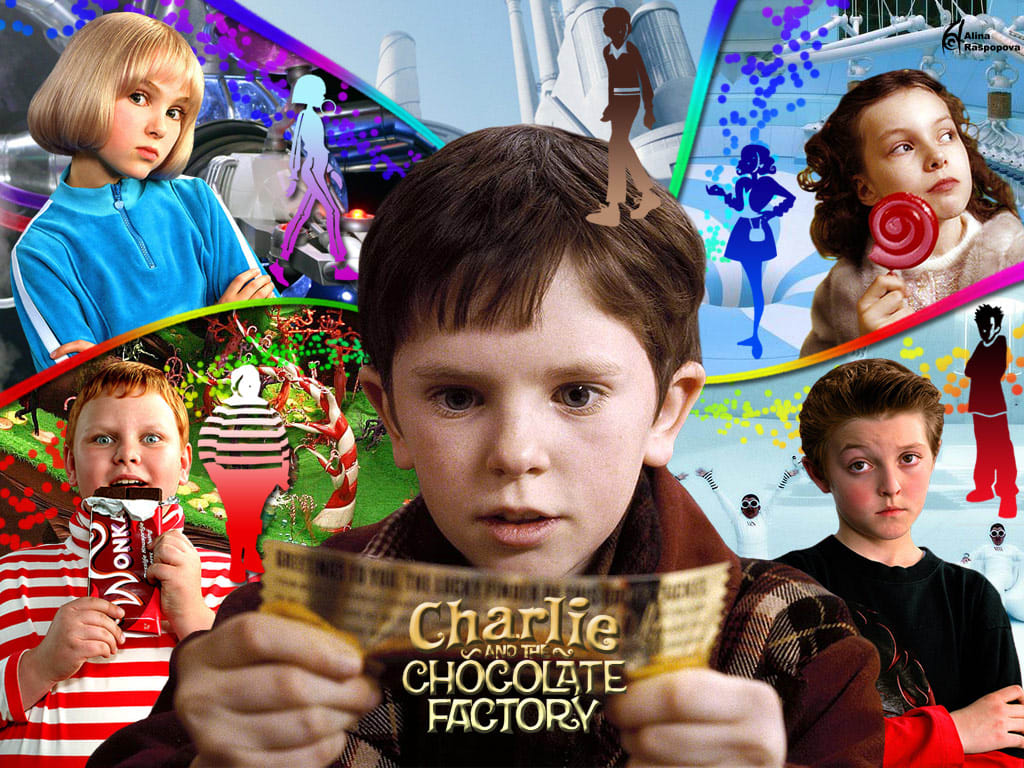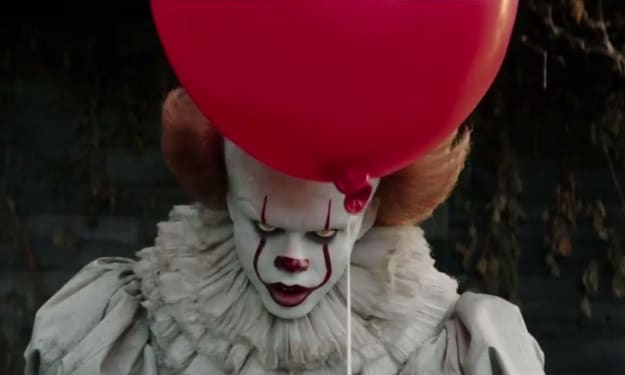'Charlie & The Chocolate Factory': Did You Know That The Hero Of Roald Dahl's Book 'Was Originally Black'?
Despite being heralded as a hero of children's literature, one whose books have been adapted into countless Hollywood blockbusters, the late Roald Dahl was a surprisingly controversial person.

Despite being heralded as a hero of children's literature, one whose books have been adapted into countless Hollywood blockbusters, the late Roald Dahl was a surprisingly controversial person. As New Statesman reported, the author had a bad reputation for racism and antisemitism, even claiming that Hitler wouldn't have ordered the Holocaust without reason. And yet, in a surprising twist, we've just learned that his original plans for Charlie and the Chocolate Factory were a little more diverse than we would have expected...
A Surprising Revelation
Wednesday was Roald Dahl Day in the UK, and as part of that, Dahl's widow Felicity surprised the nation when she revealed that the hero of Charlie and the Chocolate Factory was originally "a little black boy." Dahl biographer Donald Sturrock remembered the same, and explained the boy's ethnicity was changed because Dahl's agent didn't think it would work.
"I can tell you that it was his agent who thought it was a bad idea, when the book was first published, to have a black hero. She said people would ask: ‘Why?’"
The Britain of 1964 was a very different place to the world of today. That same year, Conservative MP Peter Griffiths won his Smethwick seat with the slogan, "If you want a n***** for a neighbor, vote Labour." It was generally viewed as the most racist political campaign ever fought in the country, and was notably a disturbing success for Griffiths. Ironically though, it was a hollow victory; although Griffiths won the seat, Labour won the General Election, and the Labour Government used the Smethwick campaign to launch a national debate about racism.
Given this racially-charged context, you can actually understand where the agent was coming from. Did Dahl really want a children's book to stumble into this heated national debate? The writer evidently took her view on board, and so Charlie became a "little white boy" instead.
There's a strange irony to all this. Some critics have always viewed Charlie and the Chocolate Factory as inherently racist anyway, pointing out that the Oompa Loompas were originally black pygmies from Africa. Although Dahl insisted that he hadn't meant anything negative by this, he happily rewrote the book for its second US edition. The Oompa Loompas were then morphed into white, hippy-like dwarves from "Loompland." Gene Wilder's movie famously avoided the issue altogether, turning the Oompa Loompas green-haired and orange-skinned!
Human beings are complex creatures. Roald Dahl was a wonderfully creative genius, a dreamer who could pen countless stories that continue to thrill children almost two decades after his death. However, his attitudes towards certain social issues, including race, are contradictory and unsettling. And yet, unlikely as it may seem, Charlie and the Chocolate Factory was almost ahead of its time, originally choosing "a little black boy" to be the hero.
(Source: Guardian, New Statesman)
About the Creator
Tom Bacon
A prolific writer and film fan, Tom has a deep love of the superhero genre.






Comments
There are no comments for this story
Be the first to respond and start the conversation.